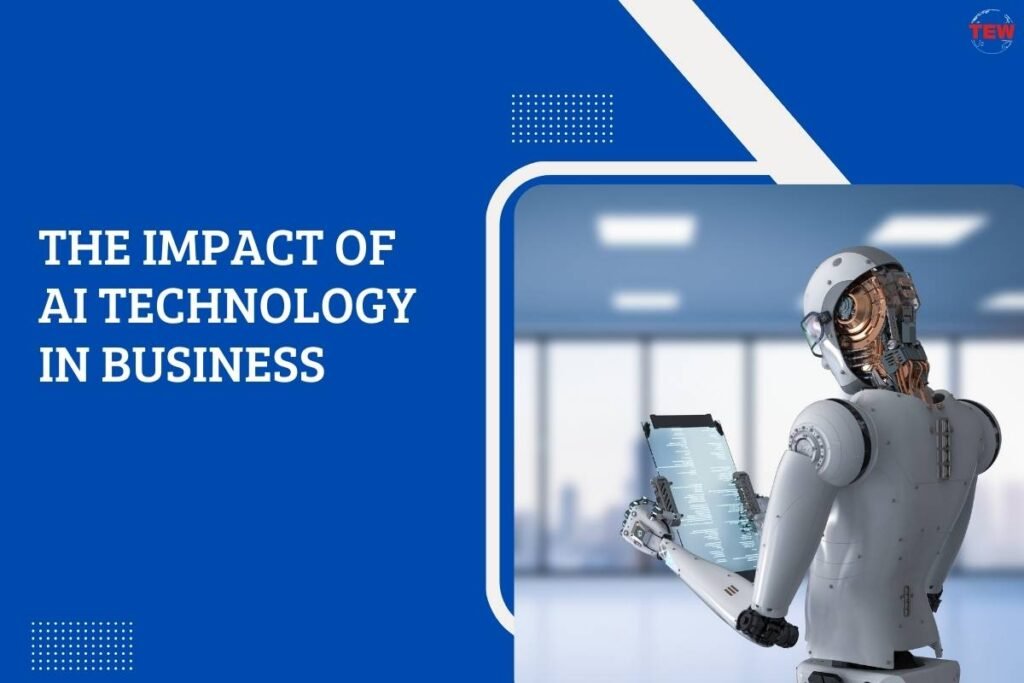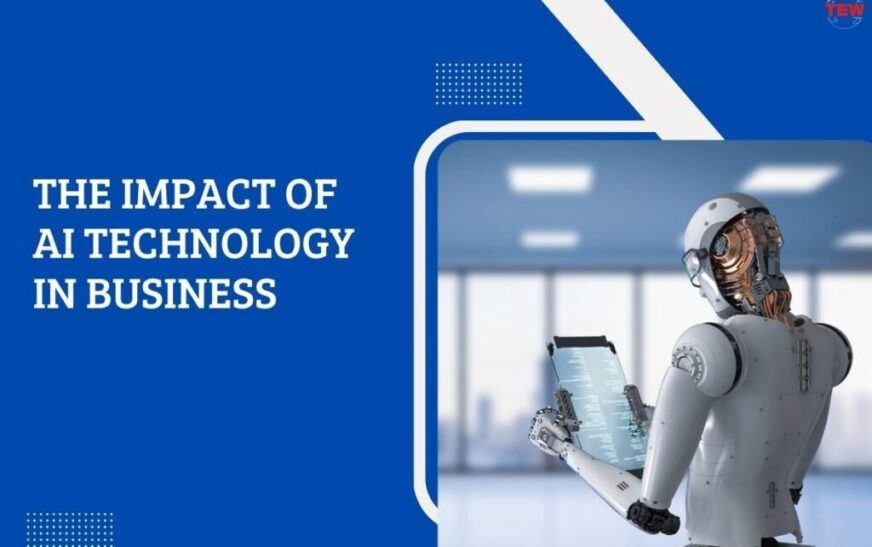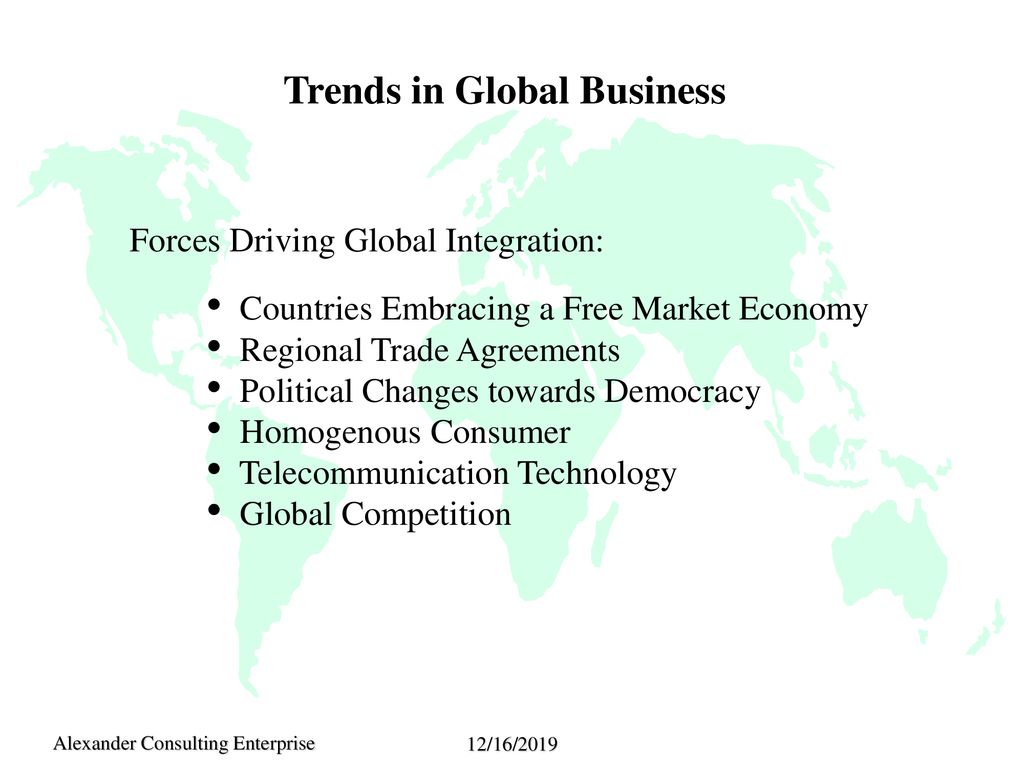As we delve into the realm of AI and its impact on modern business structures, a world of innovation and transformation unfolds before us. From streamlining operations to enhancing customer experiences, AI is reshaping industries in ways we never thought possible.
Let's explore how this cutting-edge technology is revolutionizing the business landscape.
The Role of AI in Modern Business Structures

AI has become a game-changer in modern business structures, revolutionizing traditional operations and paving the way for increased efficiency, productivity, and innovation. By leveraging AI technologies, businesses can automate repetitive tasks, analyze vast amounts of data at incredible speeds, and make data-driven decisions with unprecedented accuracy.
AI in Various Industries
AI has made a significant impact across various industries, such as:
- Finance: AI-powered algorithms are used for fraud detection, risk assessment, and personalized financial recommendations.
- Healthcare: AI assists in diagnosis, treatment planning, drug discovery, and patient monitoring, leading to improved healthcare outcomes.
- Retail: AI enables personalized shopping experiences, demand forecasting, inventory management, and targeted marketing campaigns.
- Manufacturing: AI optimizes production processes, predictive maintenance, quality control, and supply chain management.
Benefits of AI Integration
- Enhanced Efficiency: AI streamlines processes, reduces manual errors, and accelerates decision-making, leading to increased operational efficiency.
- Improved Customer Experience: AI enables personalized interactions, anticipates customer needs, and provides timely support, enhancing overall customer satisfaction.
- Cost Savings: AI automates tasks, eliminates redundancies, and optimizes resource allocation, resulting in cost savings for businesses.
- Data-driven Insights: AI analyzes data patterns, identifies trends, and generates actionable insights, empowering businesses to make informed decisions based on real-time information.
Automation and Efficiency in Business Processes
AI has revolutionized the way businesses operate by streamlining repetitive tasks and improving overall efficiency. By utilizing AI-driven automation, companies can significantly enhance their productivity and accuracy in various operations.
Speed and Accuracy Comparison
AI-powered automation processes are significantly faster and more accurate compared to manual tasks. For instance, AI algorithms can analyze large datasets in a fraction of the time it would take a human, leading to quicker decision-making and execution. Additionally, the accuracy of AI systems minimizes the margin of error, ensuring consistent results in tasks such as data entry, customer service interactions, and inventory management.
Optimized Workflows in Different Sectors
In the healthcare sector, AI has optimized workflows by enabling faster diagnosis through image recognition technology and predictive analytics. This has led to improved patient outcomes and reduced wait times. In the financial industry, AI-driven automation has enhanced fraud detection processes, reducing financial risks for businesses and customers alike.
Moreover, in manufacturing, AI-powered robots have streamlined production lines, leading to increased output and cost savings.
Data Analysis and Decision Making with AI
In the realm of modern business structures, data analysis plays a crucial role in shaping strategic decisions. With the help of AI algorithms, businesses can leverage big data to extract valuable insights that drive decision-making processes.
AI Algorithms for Analyzing Big Data
AI algorithms are designed to sift through vast amounts of data at incredible speeds, identifying patterns and correlations that may not be immediately apparent to human analysts. By analyzing historical data and current trends, AI can uncover valuable insights that inform decision-making processes.
Role of AI in Predictive Analytics
One of the key capabilities of AI in data analysis is predictive analytics. By utilizing machine learning techniques, AI can forecast trends and outcomes based on historical data. This allows businesses to anticipate market changes, customer behaviors, and other variables that impact decision-making.
Examples of AI Tools in Strategic Decision-Making
AI tools such as predictive modeling, natural language processing, and sentiment analysis are commonly used in strategic decision-making processes. For instance, a retail company may use AI to analyze customer sentiment on social media to determine the most effective marketing strategies.
Similarly, a financial institution may employ AI algorithms to predict market trends and optimize investment decisions.
AI-Powered Customer Relationship Management
AI technology has revolutionized the way businesses interact with their customers, allowing for more personalized and efficient customer service. By utilizing AI-powered tools, businesses can enhance customer interactions and build stronger relationships with their clients.
AI Applications in Customer Service
- Chatbots: AI-powered chatbots can provide instant responses to customer inquiries, improving response times and overall customer satisfaction.
- Personalized Recommendations: AI algorithms analyze customer data to provide personalized product recommendations, enhancing the shopping experience.
- Sentiment Analysis: AI tools can analyze customer feedback and sentiment to identify areas for improvement in products or services.
AI Applications in Sales
- Sales Forecasting: AI algorithms can analyze sales data to predict future trends and optimize sales strategies.
- Lead Scoring: AI can help prioritize leads based on their likelihood to convert, increasing sales efficiency.
- Automated Email Campaigns: AI can personalize email campaigns based on customer behavior, leading to higher engagement rates.
AI Applications in Marketing
- Targeted Advertising: AI can analyze customer data to create targeted advertising campaigns that reach the right audience.
- Content Optimization: AI tools can optimize content based on customer preferences, improving engagement and conversion rates.
- Customer Segmentation: AI algorithms can segment customers based on behavior and preferences for more targeted marketing strategies.
Overall, AI-powered customer relationship management tools have a significant impact on improving customer satisfaction and loyalty, leading to increased customer retention and long-term business success.
Security and Risk Management with AI

AI technologies play a crucial role in enhancing security and risk management for modern businesses. By leveraging AI capabilities, businesses can detect and prevent cybersecurity threats, utilize AI-powered tools for risk assessment and mitigation, and safeguard sensitive business data effectively.
Detection and Prevention of Cybersecurity Threats
- AI algorithms can analyze vast amounts of data in real-time to identify unusual patterns or anomalies that may signal a cyber attack.
- Tools like AI-powered intrusion detection systems can continuously monitor network traffic and behavior to detect potential threats proactively.
- Machine learning models can learn from past incidents to improve threat detection and response mechanisms over time.
AI-powered Tools for Risk Assessment and Mitigation
- AI-based risk management platforms can assess and prioritize risks by analyzing data from various sources and predicting potential impact scenarios.
- Tools like predictive analytics and natural language processing can help businesses make informed decisions to mitigate risks effectively.
- AI-driven simulations can simulate different risk scenarios to test the resilience of business processes and develop robust risk management strategies.
Safeguarding Sensitive Business Data
- AI technologies enable businesses to implement robust encryption mechanisms to protect sensitive data from unauthorized access.
- Tools like AI-driven data loss prevention systems can monitor and secure data across multiple channels to prevent data breaches.
- Machine learning algorithms can identify potential vulnerabilities in data storage and recommend security measures to enhance data protection.
Last Word
In conclusion, the profound impact of AI on modern business structures cannot be overstated. As businesses continue to integrate AI into their operations, we witness a paradigm shift towards efficiency, data-driven decision-making, and enhanced customer relationships. The future of business is undoubtedly intertwined with the evolution of AI, promising a landscape of endless possibilities and advancements.
FAQ Summary
How is AI revolutionizing traditional business operations?
AI is transforming traditional business operations by automating repetitive tasks, optimizing workflows, and enhancing decision-making processes through data analysis.
What industries have seen significant impacts from AI integration?
Industries such as healthcare, finance, and retail have witnessed substantial benefits from AI integration, improving efficiency and driving innovation.
How does AI enhance customer interactions in business?
AI-powered tools enable businesses to provide personalized customer experiences, improve customer service, and boost overall satisfaction and loyalty.
What role does AI play in cybersecurity and risk management?
AI technologies help businesses detect and prevent cybersecurity threats, assess risks, and safeguard sensitive data, ensuring robust security measures.




